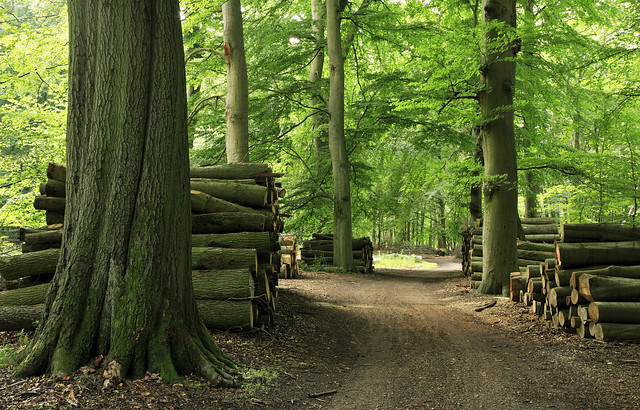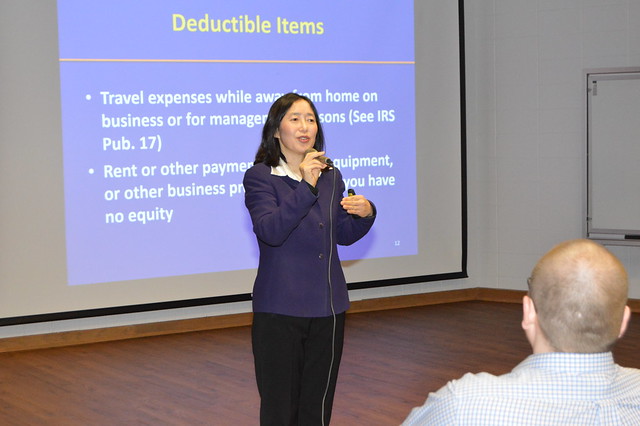
Since Congress overhauled the federal tax code in December 2017, forest landowners and timber business owners have scrambled to figure out how the new changes will affect them in 2018.
Fortunately, USDA Forest Service Forest Taxation and Estate Planning Program is here to help private forest landowners, foresters, loggers, and timber businesses navigate the new rules.
Growing and maintaining timber is a long-term investment. Because trees can take many years to mature, forests are managed over several decades. A landowner who plants seedlings in 2018 may not see a return on that investment until decades later, assuming no trees are lost to forest fire, insect infestation, hurricane, or other natural disaster.
While waiting for the trees to mature, timberland owners take steps to ensure the health of the trees in their care: they manage weeds and invasive insects, thin the forests to grow quality timber, maintain firebreaks to reduce the risk of wildfire, and may maintain roads. This work requires money. Fortunately, federal tax provisions help keep stewardship efforts affordable by allowing the deduction of tree planting and forest management.
The Forest Taxation and Estate Planning Program, under the agency’s State and Private Forestry, Cooperative Forestry Program, delivers national leadership on forest tax policy critical to private forest stewardship and serves as a trusted source of information on the complex tax issues associated with forest management.
Program staff track the latest tax law changes and share information on forest tax policy and estate planning through publications like the Federal Income Tax on Timber: A Quick Guide for Woodland Owners and Forest Landowners’ Guide to the Federal Income Tax (PDF, 17 MB), as well as through presentations, workshops, and webinars. This tax guidance helps private forest landowners and rural communities to manage their lands sustainably.
Last year Congress passed new tax law changes to provide relief to taxpayers impacted by Hurricanes Harvey, Irma, and Maria. Timber Tax Specialist Linda Wang summarized these changes in Income Tax Deduction on Timber and Landscape Tree Loss from Casualty (PDF, 154 KB).
Wang travels the country delivering workshops to private landowners, foresters, timber business owners, accountants, and tax preparers, as well as online webinars on updated tax laws affecting timberland owners. Each year, she also updates Tax Tips for Forest Landowners (PDF, 68 KB), a resource eagerly awaited by not only forest landowners, but also forestry consultants, accountants, lawyers, and state agency land managers as well.
“As a field forester, I am not well versed in taxation,” said Service Forester Mark E. Rickey from Ohio. “I hand these resources out with each stewardship plan I prepare for private landowners in my service area. This information helps me educate landowners and the professionals they employ on how to achieve good, sustainable forestry.”

